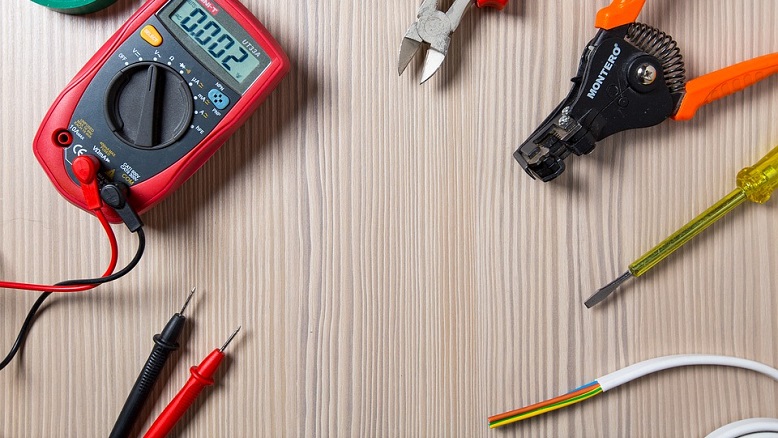Sparkies most essential trade for preserving Britain’s heritage
Sparkies, chippies and painters might not be the first trades that come to mind when you think about the preservation of Britain’s historic buildings, but according research from the UK’s leading insurer of Grade I listed buildings, Ecclesiastical they are the most important.
Chippies (61%), painters (60%), roofers (58%) and plasterers (53%) were also seen as key trades while more traditional heritage skills such as stonemasonry, thatching and ironmongery were felt to be the most at risk.
According to the survey, 90% of heritage property owners believe that investing in skills is crucial for the future of Britain’s heritage with one in three property owners saying that they found it difficult to source skilled tradespeople to work on their properties. Almost half said they are concerned about increasing costs of hiring them.
Faith Parish, heritage director for Ecclesiastical commented “Many historic properties are having to find new income streams to help cover the costs associated with running and maintaining these properties. We have seen an increase in new activities such as exhibitions, festivals and coffee shops or restaurants, and these kinds of activities often require additional power sources or the installation of new equipment, so it’s not too surprising to see electricians at the top of the list.”
“Research from Historic England’s Heritage Counts showed a decade long decline in students signing up for heritage related construction courses and, with an estimated 10% of those currently working in the UK construction industry coming from Europe, the situation could worsen post Brexit.” Faith added.
The concern was reflected in Ecclesiastical’s own research which showed that, amongst heritage property owners, 42% were worried about the current shortage of skills in the UK, while 52% were concerned about the longer term impact and availability of skilled tradesmen in ten years’ time.
Property owners are so concerned that they are willing to actively support a campaign to invest in skills, in fact more than half (55%) would willingly make their property available for the training of skilled people and nearly two-third (59%) would help create opportunities for apprentices to work at their properties.
“When it comes to heritage properties regular maintenance is incredibly important, a small issue can cause immense damage if left unchecked. Leaking pipes can lead to whole ceilings collapsing, blocked guttering can cause water to seep in to the building and outdated or faulty wiring can be a fire risk.” Faith explained.
However, it’s not just the history and beauty of these buildings that needs preserving. According to Historic England’s Heritage Counts 2017 report the heritage sector employs 278,000 people and contributes £16.4 billion to the UK economy through domestic and international tourism plus a further £9.6 billion via the construction industry by means of repair and maintenance bills.
“Many historic properties have a long term maintenance schedule that stretches over many years, so jobs that are being done today will need to be redone in ten or twenty years’ time to preserve the integrity of the building. A shortfall in the supply of skilled tradespeople to implement this schedule could leave some properties vulnerable. It is therefore crucial that we invest in skills now to ensure that there are enough skilled tradespeople in the future to continue to care for these buildings.”










Leave a Reply
Want to join the discussion?Feel free to contribute!